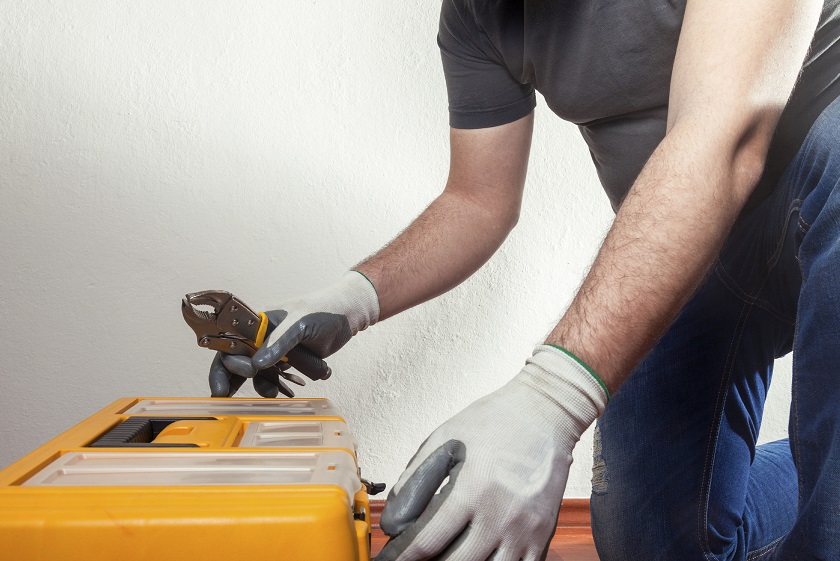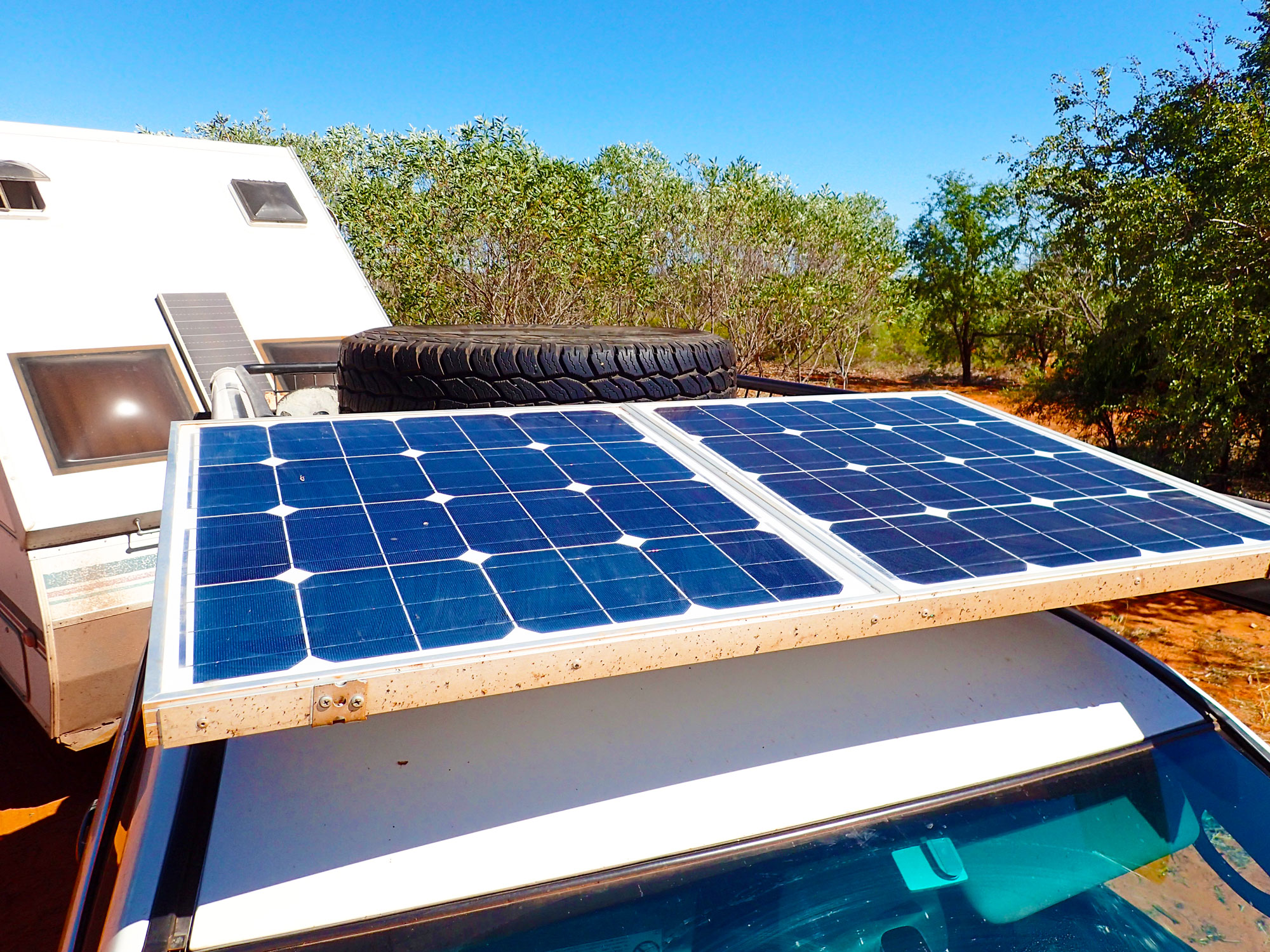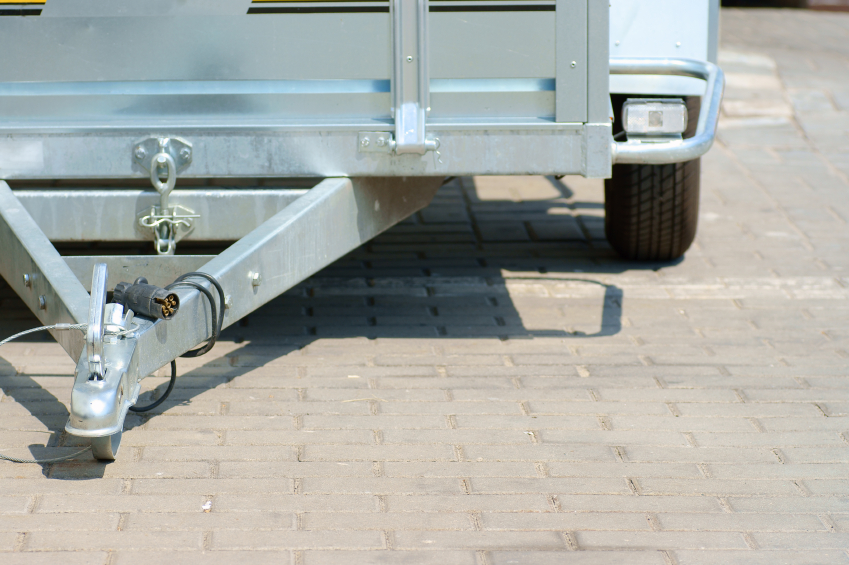Whether you’re towing tools every day for work or you’ve just hired a mulcher, you’ll need to make sure items won’t fall off in transit. Here are our towing tips for safely transporting tools and machinery on your trailer.
Legal requirements
If you’re towing a loaded trailer you are required by law to restrain the load and ensure it is not overhanging in a way that can cause injury.
Loose, smaller tools should be contained in boxes that are adequately restrained. Larger tools should be restrained by ropes, straps or a cargo net unless they fit properly into the body of the trailer.
Make it work for you
Tool trailers come in a variety of customisations and might be standard box, caged or fully enclosed. Your choice depends on what you need to transport and whether you need it to be secure and waterproof.
Toolboxes
Loose or smaller tools should be contained in toolboxes, which are in turn restrained from moving around on the trailer. If you use the trailer solely for work, have a couple of galvanised or checker plate boxes welded or bolted to the floor and sides so they can’t move or be removed. Attach a padlock for extra security and make sure they’re watertight if you plan to leave tools in them.
Centre any weight over or just in front of the axle, or if the trailer is fully loaded, make sure it is balanced front-to-back and side-to-side.
Tool racks
Install a rack to store garden and hand tools securely. There are tool racks available with holes for inserting the handles of rakes, brooms or shovels, or you could build a wire frame to attach the equipment using straps or rope. The rack can be installed at the front or side of the trailer, depending on how you’re balancing the weight.
Tie-downs, cargo nets
Towing machinery such as lawnmowers, chainsaws and blowers can be made safe using rope or cargo nets; just make sure it won’t move around during transit.
Really heavy-duty equipment (chippers, rotary hoes, grinders) will need to be secured using tie-downs. Generally, webbing straps are more effective than ropes and easier to secure. Cam straps have a knurled, spring-loaded cam that prevents the strap from slipping. Ratchet straps are similar, but the ratchet makes it easier to tension the strap. Always check they’re marked with a load rating appropriate for your needs.
Just as every trade is different, so are work trailers. What yours looks like will depend on the job you need it to do, but having quality suspension, tyres and brakes will help ensure your equipment travels without damage.
Overloading your trailer can get you into all sorts of trouble. Take a look at the legal requirements so you know your limits.





